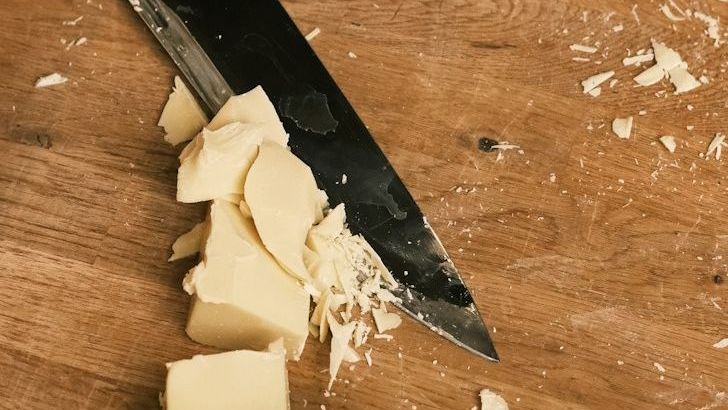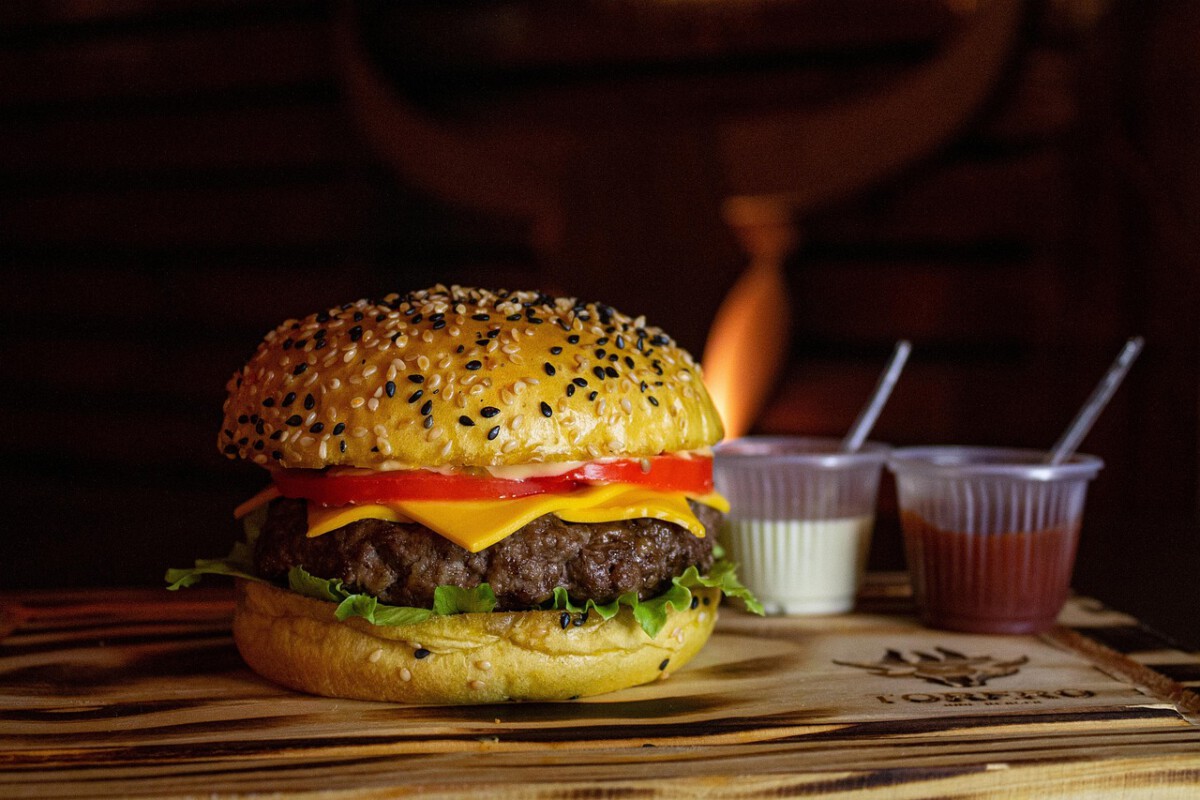Garlic Presses – The Flavor-Killing Crusher

Walk into any professional kitchen and you’ll notice something missing from the knife roll – a garlic press. The garlic press is among the kitchen gadgets Alton Brown has criticized as unnecessary unitaskers. Anthony Bourdain was on the same page. There’s a solid reason why these culinary legends avoided this seemingly convenient tool.
Bourdain, like myself and many others, simply claims that by crushing the garlic, you lose a lot of its flavor and potency. When you crush garlic through those tiny holes, you’re breaking down the cell walls so aggressively that the volatile compounds responsible for garlic’s complex flavor profile get damaged or lost entirely. Professional chefs know that properly minced garlic with a knife releases oils gradually, creating layers of flavor that develop beautifully during cooking.
Instead of reaching for that press, grab your chef’s knife and learn the proper mincing technique. A few quick rocks of the blade will give you perfectly minced garlic that actually tastes like garlic should. Brown also takes issue with how hard it is to clean well. Those little holes become clogged with garlic residue that’s nearly impossible to remove completely, creating a hygiene nightmare that no professional would tolerate.
Avocado Slicers – The Ultimate Single-Task Disappointment

While there are several different versions of the avocado slicer, they all have one thing in common: They’re specifically designed to cut, pit, and slice avocados. They really only work on avocados because their “blades” are made of plastic, which are sharp enough to go through an avocado peel, but not many other fruits or vegetables. This perfectly illustrates why professional chefs avoid these tools – they’re solving a problem that doesn’t actually exist.
This all-in-one avocado slicing tool does the three things – splits, pits, and slices – that a single knife can also do. Any competent cook can pit and slice an avocado with a paring knife in less time than it takes to find the avocado slicer in your cluttered drawer. The plastic blades dull quickly and the tool takes up valuable storage space for something that performs worse than the knife you already own.
Professional chefs use a simple technique: cut the avocado in half with a chef’s knife, remove the pit with a spoon (or carefully with the knife), and slice directly in the skin before scooping out with a spoon. This method is faster, cleaner, and doesn’t require hunting for a specialized tool that only works on one type of produce.
Meat Claws – The Messy Wolverine Fantasy

If shredding a chicken using two forks just seems like an insurmountable task to you, then you may have fallen victim to purchasing the meat shredder, also known as meat claws. The ultimate unitasker, meat claws look like, well, two claws or plastic combs with very sharp teeth. They don’t take up a lot of space in your drawer, but they serve absolutely no purpose besides helping you shred cooked meat, and most users are not fans.
The real problem with meat claws isn’t just that they’re single-use gadgets. The other issue with the claws is that they actually force you to get dirtier than you would with forks or the TikTok-viral rotisserie chicken shredding shortcut using a Ziploc bag. Because they are shorter than forks, your hands get much closer to the meat, covering you with juices. Professional chefs value cleanliness and efficiency above gimmicky tools that make their work messier.
Many users find these tools unnecessary, with common complaints about their limited functionality compared to basic kitchen tools. The appeal is purely novelty – not functionality.
Vegetable Choppers vs Food Processors

As someone who hates chopping onions, I totally understand the appeal of a vegetable chopper. It seems like it would make prep work much faster, and it probably would. Except why do you need a special vegetable chopper when you have a food processor in your cabinet? Food processors, like our Best Value Award Winner, can chop up vegetables and puree, dice and mix ingredients.
Professional kitchens don’t waste space on multiple tools that perform the same function. A quality food processor can handle everything from chopping onions to making pie dough to mixing sauces. These single-purpose vegetable choppers often produce uneven cuts because they lack the precision and power of a proper food processor. The blades dull quickly and the plastic construction breaks easily under regular use.
What’s worse is that these choppers teach bad habits. Instead of learning proper knife skills – which every serious cook needs – you become dependent on a gadget that will eventually break. Professional chefs develop their knife skills because they know that mastering this fundamental technique opens up countless possibilities in the kitchen. But this industry niche, carved by under-confidence, seems designed to perpetuate the problem; who needs to learn to use a knife when you have a different slicer for every vegetable?
Electric Egg Cookers – The Efficiency Myth

The latest trend in kitchen gadgets includes various electric egg cookers, from simple steamers to the infamous “Rollie” that creates cylindrical eggs. Well, it’s – it actually falls into a range of unitasker that is very specialized, meaning that it only does one thing that you didn’t know you needed done… Which is simply to cook eggs into a cylinder, a tube. Imagine a hot dog. Now imagine it made out of eggs with kind of little bits of crusty lacelike ickyness on the ends. And that’s what a Rollie does.
Professional chefs find these gadgets particularly frustrating because they solve a non-existent problem. Cooking eggs properly is a fundamental skill that every cook should master. Whether you’re making scrambled, poached, or hard-boiled eggs, the stovetop method gives you complete control over texture and doneness. Electric egg cookers remove this control and often produce inferior results with inconsistent textures.
More importantly, these devices take up valuable counter space and outlet availability for something that a simple pot of water can accomplish better. Professional kitchens operate on efficiency and versatility – every tool must earn its place through consistent performance and multiple uses. An electric egg cooker fails this test spectacularly, offering convenience at the cost of quality and skill development.






